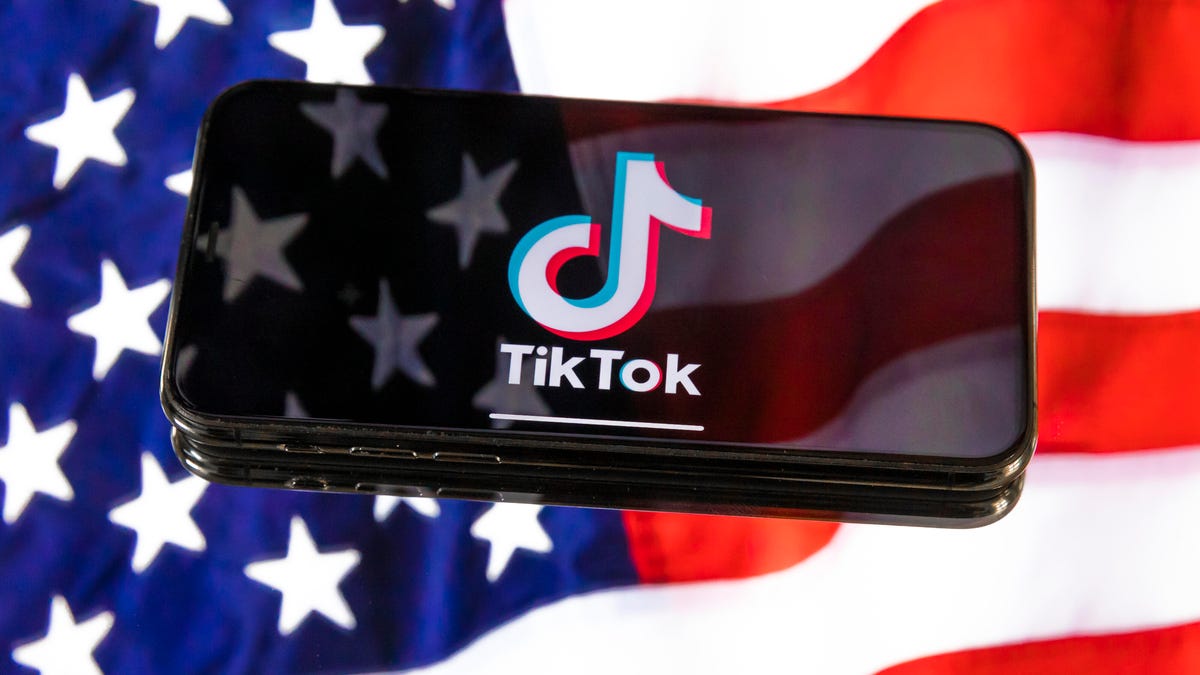TikTok to block videos claiming false victory on election night
The video-sharing app says it has stepped up fact-checking efforts ahead of the Nov. 3 US elections.

TikTok says it will try to remove misleading videos that claim false victory on election night.
TikTok will be ramping up its fact-checking efforts in the coming days with the goal of limiting false or manipulated content as the Nov. 3 US election draws near. Although the video-sharing social network notes its app isn't designed to report "real-time news," the company said in a blog post on Wednesday that it's already making an effort to remove content that could intimidate voters, suppress voting or incite violence. TikTok will also limit distribution of misleading posts that, for example, falsely report victory in an election before results are confirmed by The Associated Press.
TikTok also released a guide to US elections last month to help users find trustworthy information about candidates and issues. Like other social media platforms, TikTok grapples with moderating some political topics. Earlier this year, TikTok banned hashtags promoting the far-right QAnon conspiracy theory, although the BBC reported videos on the topic were still available in the app after the ban.
For their part, other social media companies have also increased their vigilance against misinformation surrounding the election. In recent weeks, Facebook has removed fake accounts targeting the US election while it prepares tools to help slow the spread of inflammatory content post-election. Twitter has said it'll add more warnings and restrictions on misleading tweets.
Chinese-owned TikTok has come under fire in recent months, including threats by the Trump administration to ban the app in the US. President Donald Trump signed an executive order in August baring any US transactions with TikTok's parent company, ByteDance, citing "national security" issues. However, a federal court granted TikTok's request for a preliminary injunction against the order in September.

